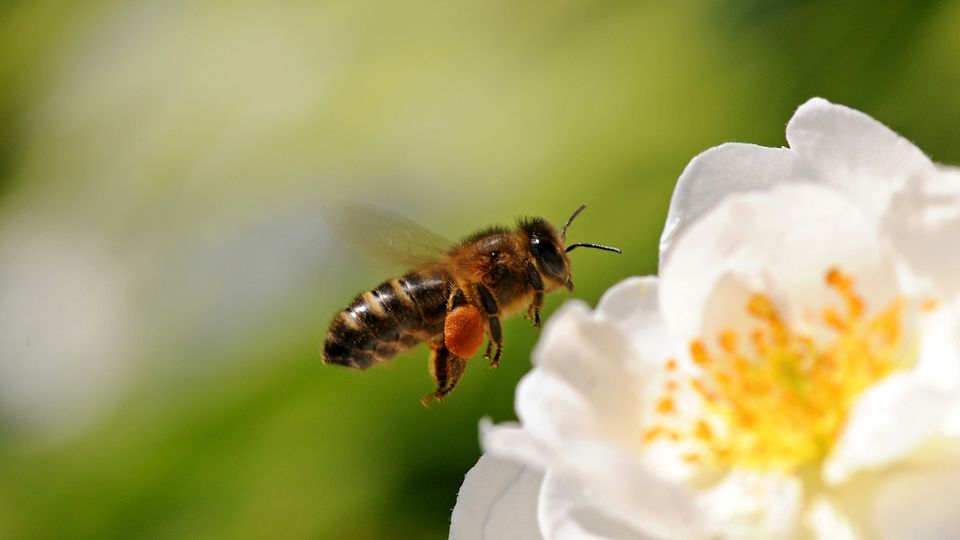Bumblebees Can’t Taste Pesticides in Their Nectar
Bees can’t taste the difference between lethal and palatable nectar, according to a new study.

Complete the form below to unlock access to ALL audio articles.
Bees can’t taste the difference between lethal and palatable nectar, according to a new study.
In a behavioral experiment, bees consumed the same amount of food, regardless of whether the solution contained pesticides or not, even when the pesticides were at concentrations high enough to “make the bees very ill.”
After performing a separate, electrophysiological experiment, the researchers from the University of Oxford concluded that bees cannot avoid pesticide exposure using their sense of taste alone.
Their findings were published in eLife.
Bee in bad taste
Bees are known to be adept at tasting and differentiating sugary solutions. They can taste certain toxic compounds, too; prior research has shown that quinine tastes “bitter” to them.
Working from this flavorsome foundation, the Oxford researchers sought to find out whether bees’ palettes could help them avoid drinking pesticides.
They devised two experiments. One used electrophysiology to record the responses of neurons in the taste sensilla (the tastebuds) on bumblebee’s mouthparts when the insects were exposed to a safe, sugary solution or a pesticide-laced one. If the neurons regularly fired, this would be indicative of a strong taste response.
The bees’ nerves, however, were quite calm; whether they drank the clean sugary solution or the one containing pesticides, their neurons fired at the same rate.
The other experiment was behavioral. Bees were presented with the safe, sugary solutions and pesticide-laced ones and were free to feed on both.
The results? The bees consumed the same amount of syrup, regardless of whether the solution contained pesticides or not. This was even the case when the pesticides were present at concentrations high enough to make the bees very ill.
The researchers say the findings are important because they show that bumblebees can’t avoid pesticide exposure using their sense of taste alone.
“As bumblebees cannot taste pesticides and don’t experience immediate negative consequences from drinking them, they likely would not be able to avoid consuming nectar contaminated with pesticides in the field,” said Dr. Rachel Parkinson, a researcher at the University of Oxford’s Bee Lab and lead author of the paper.
“This research is important when considering the use of pesticides on outdoor crops due to the risk posed to bees as they will not avoid drinking these compounds.”
“Potentially, these findings could be applied towards searching for a non-toxic compound that tastes bad to bees and could be used as a ‘bee deterrent’ on pesticide-treated crops that do not require insect pollination,” she added.
This article is a rework of a press release issued by the University of Oxford. Material has been edited for length and content.
Reference: Parkinson RH, Scott J, Dorling AL et al. Mouthparts of the bumblebee (Bombus terrestris) exhibit poor acuity for the detection of pesticides in nectar. eLife. 2023;12. doi: 10.7554/eLife.89129.2




